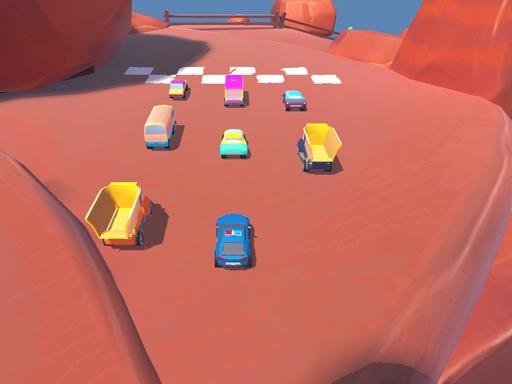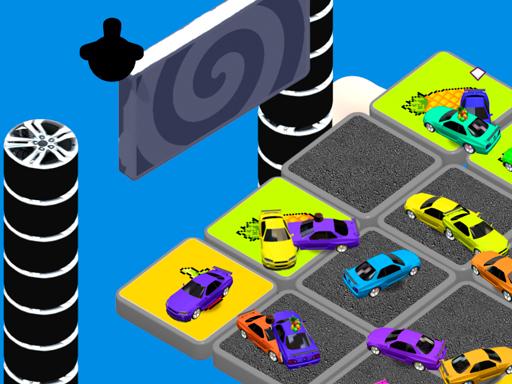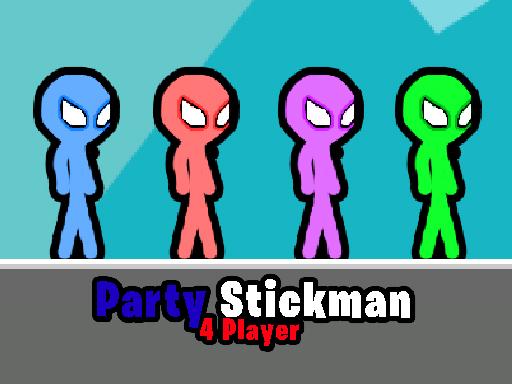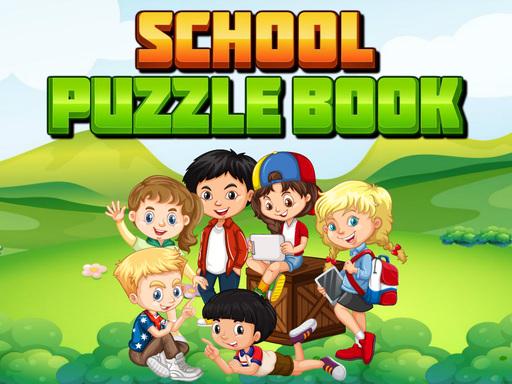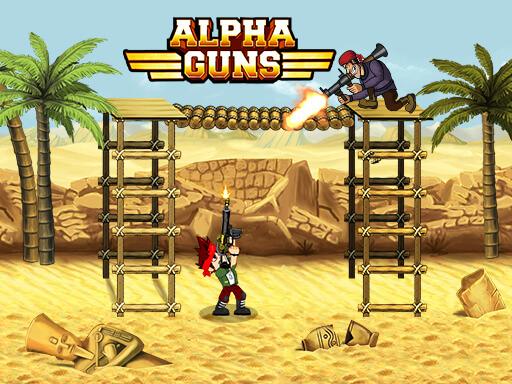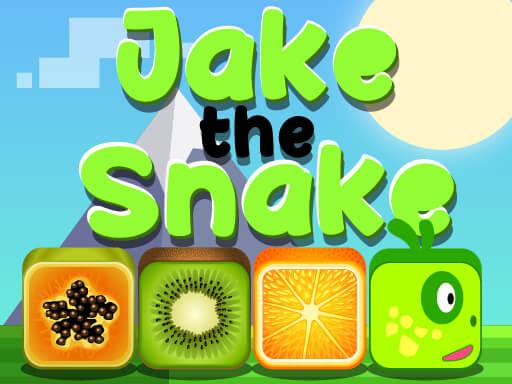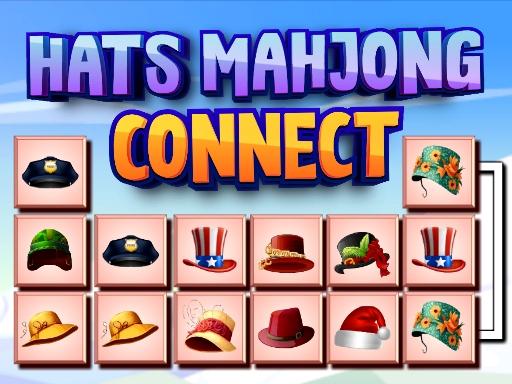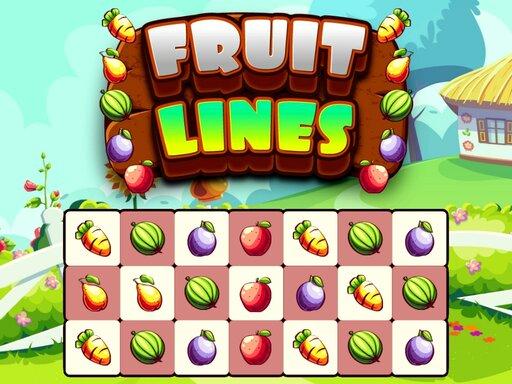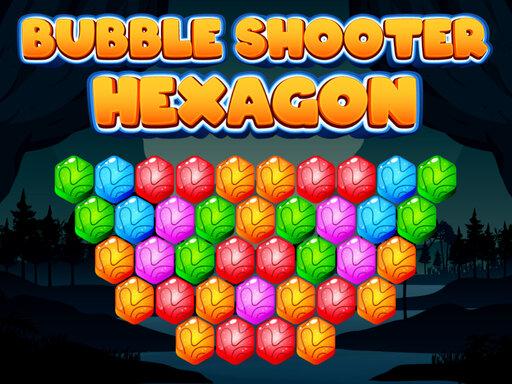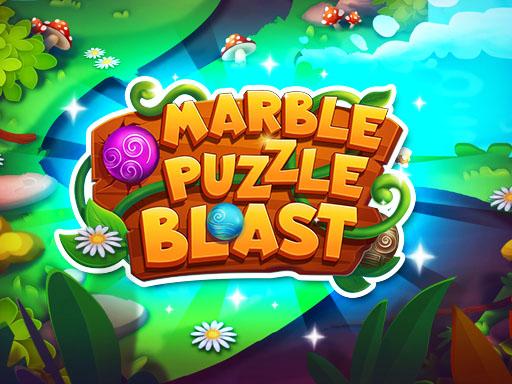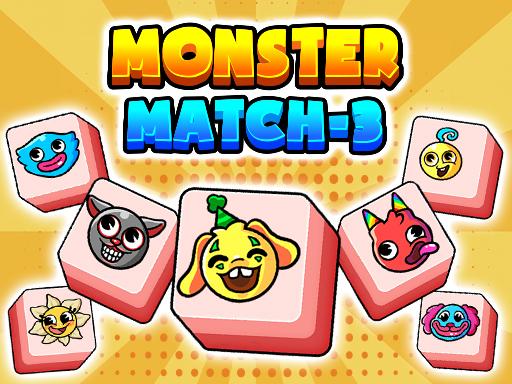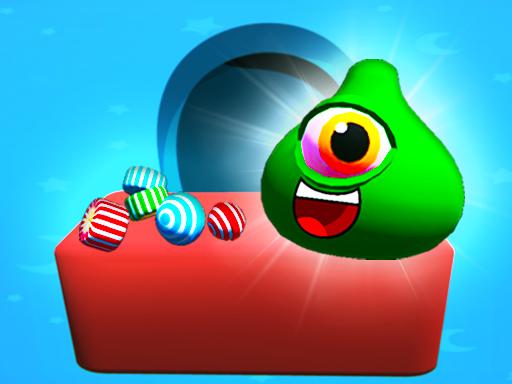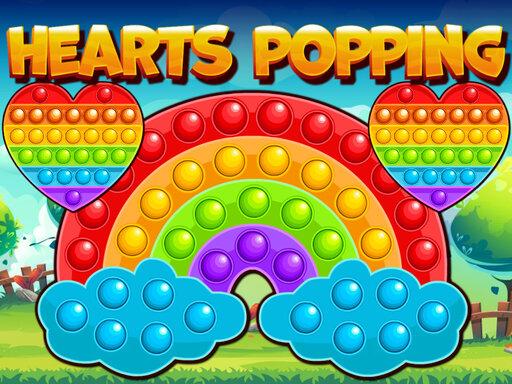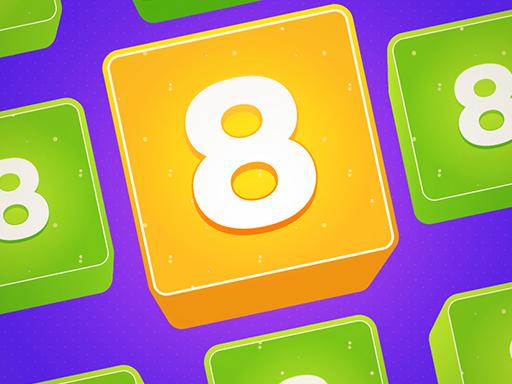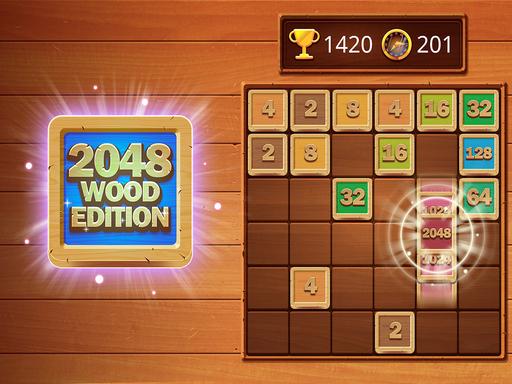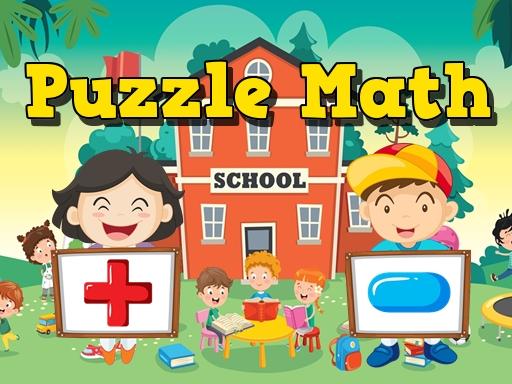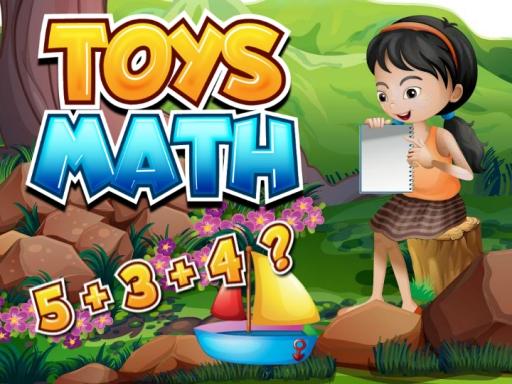New Games
School Puzzle Book
Introduction to School Puzzle Book: A Fun and Educational Guide
School Puzzle Book is an interactive and educational game designed for students, parents, and teachers who want to combine learning with fun. This game takes the form of a virtual or printed puzzle book filled with various types of puzzles and challenges, from math and language puzzles to logic games and memory tests. The primary objective of School Puzzle Book is to help students reinforce academic concepts and develop critical thinking skills in a fun, engaging way. It’s suitable for a range of ages, from young children to older students, offering a variety of puzzles tailored to different learning levels.
Game Overview
The School Puzzle Book game is structured around educational puzzles across various subjects, encouraging students to improve their skills in areas like math, language, and general knowledge. Each puzzle is designed to stimulate specific cognitive skills, such as problem-solving, logical thinking, memory, and attention to detail. The game’s puzzles range in difficulty, allowing students to progress from simple challenges to more complex ones as they build confidence and skill.
Key Puzzle Categories in School Puzzle Book
- Math Puzzles:
- Math puzzles include number mazes, Sudoku, arithmetic challenges, and logic-based problems that reinforce basic and advanced math concepts. These puzzles help students practice skills such as addition, subtraction, multiplication, division, and patterns. Examples include:
- Number Grids: Fill in missing numbers based on mathematical clues.
- Math Riddles: Solve riddles using logic and basic operations.
- Math puzzles include number mazes, Sudoku, arithmetic challenges, and logic-based problems that reinforce basic and advanced math concepts. These puzzles help students practice skills such as addition, subtraction, multiplication, division, and patterns. Examples include:
- Word and Language Puzzles:
- Word puzzles help students enhance vocabulary, spelling, and grammar. They include activities such as word searches, crosswords, and word scrambles. Language puzzles encourage reading comprehension and word recognition, making them ideal for language arts reinforcement.
- Crosswords: Solve clues to complete the crossword grid with subject-specific vocabulary.
- Word Search: Find hidden words in a grid, which reinforces spelling and vocabulary.
- Word puzzles help students enhance vocabulary, spelling, and grammar. They include activities such as word searches, crosswords, and word scrambles. Language puzzles encourage reading comprehension and word recognition, making them ideal for language arts reinforcement.
- Logic and Reasoning Puzzles:
- These puzzles test students’ critical thinking skills and include activities like pattern recognition, sequencing, and logic riddles. They’re designed to build reasoning and problem-solving abilities that are beneficial in subjects like math and science.
- Sequence Puzzles: Determine the missing numbers or letters in a pattern.
- Logic Riddles: Solve riddles that require careful thinking and deduction.
- These puzzles test students’ critical thinking skills and include activities like pattern recognition, sequencing, and logic riddles. They’re designed to build reasoning and problem-solving abilities that are beneficial in subjects like math and science.
- Memory and Attention Exercises:
- Memory puzzles, such as matching games and recall tests, help students practice short-term and long-term memory skills. These exercises are particularly useful for young learners developing foundational cognitive abilities.
- Memory Match: Match pairs of related items to improve memory recall.
- Sequence Recall: Memorize and reproduce sequences, enhancing focus and attention.
- Memory puzzles, such as matching games and recall tests, help students practice short-term and long-term memory skills. These exercises are particularly useful for young learners developing foundational cognitive abilities.
- Creative Thinking Challenges:
- Some puzzles encourage creativity and lateral thinking, helping students look beyond straightforward solutions. This category includes challenges like spot-the-difference games, rebus puzzles, and connect-the-dots.
- Spot the Difference: Find subtle differences between two similar images to build observation skills.
- Rebus Puzzles: Solve word puzzles with pictures, improving creative thinking.
- Some puzzles encourage creativity and lateral thinking, helping students look beyond straightforward solutions. This category includes challenges like spot-the-difference games, rebus puzzles, and connect-the-dots.
How to Play School Puzzle Book
- Choose a Puzzle:
- Players can choose puzzles based on their interests or the skills they want to develop. Some puzzle books may organize puzzles by difficulty or subject area, so students can start with easier puzzles and progress to more challenging ones.
- Read the Instructions Carefully:
- Each puzzle type has specific rules. For example, in Sudoku, each number can only appear once per row, column, and grid. Reading and understanding instructions is essential to solve the puzzles accurately.
- Work Through the Puzzle:
- Players use logic, math, language skills, or memory to solve each puzzle. Some puzzles may require trial and error, such as filling in potential answers in pencil before finalizing them. Encourage students to take their time and think carefully.
- Check Your Work:
- Many puzzles can be checked for accuracy as you go. For example, in crosswords, letters will align with other answers if they’re correct. In other puzzles, players may need to review their answers once complete to ensure they’ve solved it correctly.
- Move to the Next Puzzle:
- As players complete puzzles, they can move to the next one in the book, often unlocking new and progressively more challenging puzzles. This progression helps students stay motivated and gives them a sense of accomplishment.
Tips for Playing School Puzzle Book
- Start with Simple Puzzles:
- For beginners or younger students, it’s best to start with easier puzzles to build confidence and get comfortable with the gameplay. As they progress, they can tackle more complex challenges.
- Take Breaks if Needed:
- Some puzzles require intense focus, so it’s a good idea to take short breaks between puzzles to avoid frustration. Taking breaks can also help refresh the mind and make it easier to solve the next puzzle.
- Use Hints Wisely:
- Many School Puzzle Books provide hints or clues for challenging puzzles. Encourage students to use hints sparingly to help them work through tough spots while still practicing problem-solving skills independently.
- Collaborate with Friends or Family:
- Some puzzles can be solved faster when approached as a team. Working with friends, siblings, or parents can make solving puzzles more fun and engaging, especially for younger children.
- Challenge Yourself with Harder Puzzles:
- As players become more confident, they can challenge themselves by moving on to more difficult puzzles. Tackling tough puzzles can be rewarding and helps students develop patience and perseverance.
Benefits of Playing School Puzzle Book
- Enhances Problem-Solving Skills: Each puzzle type encourages different forms of problem-solving, from math and logic to language and creative thinking, making it a well-rounded educational tool.
- Builds Confidence: Successfully completing puzzles builds self-esteem and confidence, especially for young students. With each completed puzzle, they develop a positive association with learning.
- Improves Memory and Focus: Many puzzles require attention to detail and memory recall, helping to strengthen cognitive skills over time.
- Encourages a Love for Learning: With a focus on fun, interactive challenges, School Puzzle Book helps students see learning as a fun, rewarding experience rather than a chore.
Conclusion
The School Puzzle Book is an excellent way to support learning in a fun, engaging format. From math and word puzzles to logic games and memory challenges, it offers a variety of activities that build essential cognitive skills and support academic growth. Suitable for students of all ages, this game can be used at home, in classrooms, or even on the go, providing a valuable tool for parents, teachers, and students alike. By combining education with play, School Puzzle Book makes learning enjoyable and rewarding, helping students develop critical thinking skills and a lifelong love of learning.
Instructions
Use a mouse or touch-pad to play this game.
 Home
Home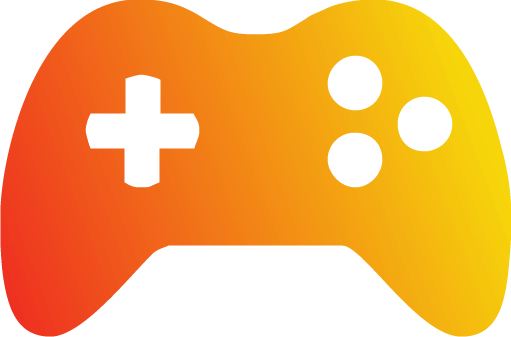 Popular Games
Popular Games Categories
Categories
